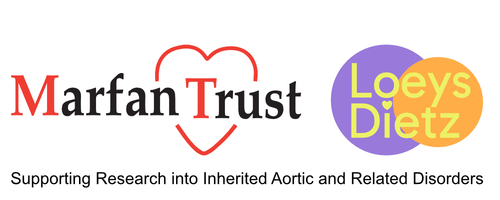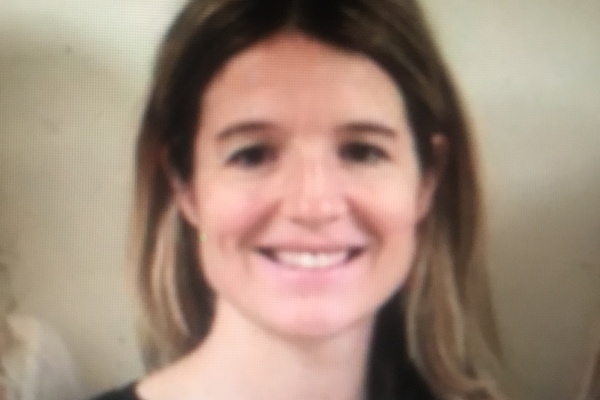What Do We Know from Literature?
The vast majority of people with a chronic health condition cope and adjust well. Approximately 20% of such children experience psychological difficulties. Research shows no consistent link between severity and outcome. Parental mental health is strongly correlated to the child’s mental health. Children often have a parent who has the same health issue.
Impact on Psychological Well-Being
Feelings of being different from peer group loom large, and give rise to body image concerns and low self-esteem, low mood and anxiety, worries about the future, and about living with uncertainty. The child must adhere to regimes including medication, treatment, hospitalisation, and surgery. Loss and grief if another family member has died can be an important issue.
Visible Differences
From the age of five, affected children realise that they are different from their peer group. Some are teased and bullied. Handling this requires cooperating with teachers, talking about it, reporting it, and building social skills to help the child manage the problem.
What Do We Mean by Coping?
This is a psychological process carried out in response to a stressor, which involves problem-focused and emotion-focused approaches. These help a person to deal with something difficult in their life.
What is Resilience?
Resilience is something that can be developed in the face of challenges, and allows the person to overcome stress or adversity. This may require personal changes allowing survival.
What Can We Do to Improve Well Being?
- Practise good self-care e.g. healthy eating, sleeping well
- Do one pleasurable thing per day
- Build in relaxation and time to replenish
- Ask for help
- Talk openly and honestly about the medical condition
- Listen to your child without judgement
- Teach about differences from a young age. No one is perfect.
- Get the school involved
- Help identify strengths to build self-esteem
Dealing with Questions
Practising example responses in role play with your child will equip them. Most people ask questions because they are curious. Explain, reassure, and distract them in conversation. Dealing with staring can include looking back, smiling and holding the person’s gaze, moving away, or asking them to stop staring. Distract yourself by thinking of a pleasant thought.
Acceptance
Accept what you can’t change and commit to valued action directed at leading a fulfilled and thriving life.
To get further support contact your GP for referral to local psychological services. School counselling may be available, and the local paediatrician may be able to help. Adult mental health services are also available through the NHS, but often with delay.
Below are lists of children’s books and films which may be helpful. In addition, the following organisations can be helpful on a more urgent basis:
- Shout offers confidential 24/7 crisis support. Text “SHOUT” to 85258.
- Childline is a confidential telephone counselling service for any child with a problem. Call 0800 1111 anytime, or arrange an online chat with a counsellor.
- The Mix provides free confidential support for young people under 25. Call 0808 808 4994 or email
- Samaritans 24/7 365 all year call 116 123 or email [email protected]
- Crisis Tools helps professional support young people in crisis, short accessible video guides are available.
- Papyrus provides confidential support for young people or those worried about a young person. Call 0800 068 41 41 or text 07680 039967.
- Good Thinking is London’s digital service and provides a range of resources for young people to improve mental well-being.
- Kooth a free anonymous online mental well-being community including live chat with the team.
- Beat provides support to help young people with an eating disorder, call the Youthline 0808 801 0711 or Studentline 0808 801 0811





